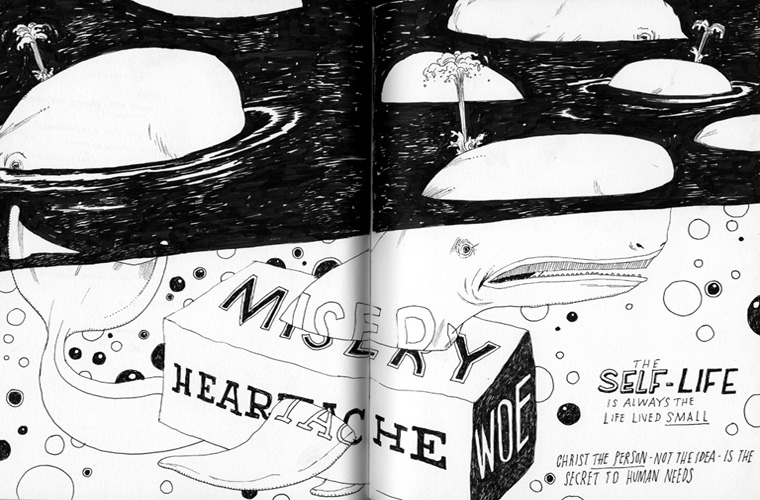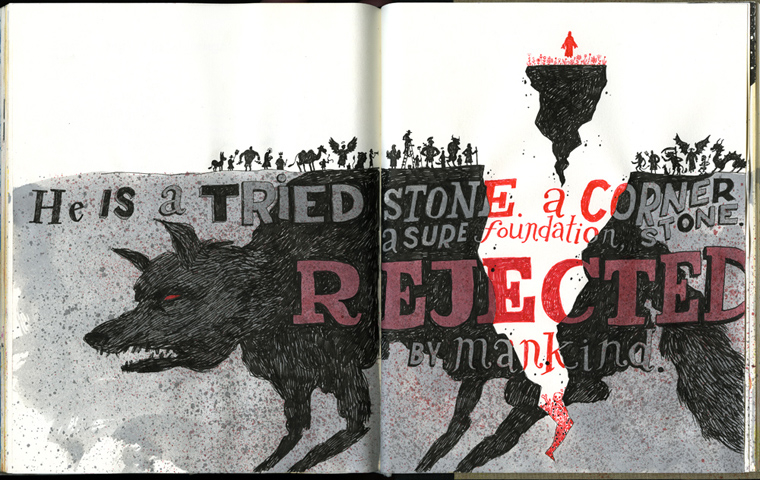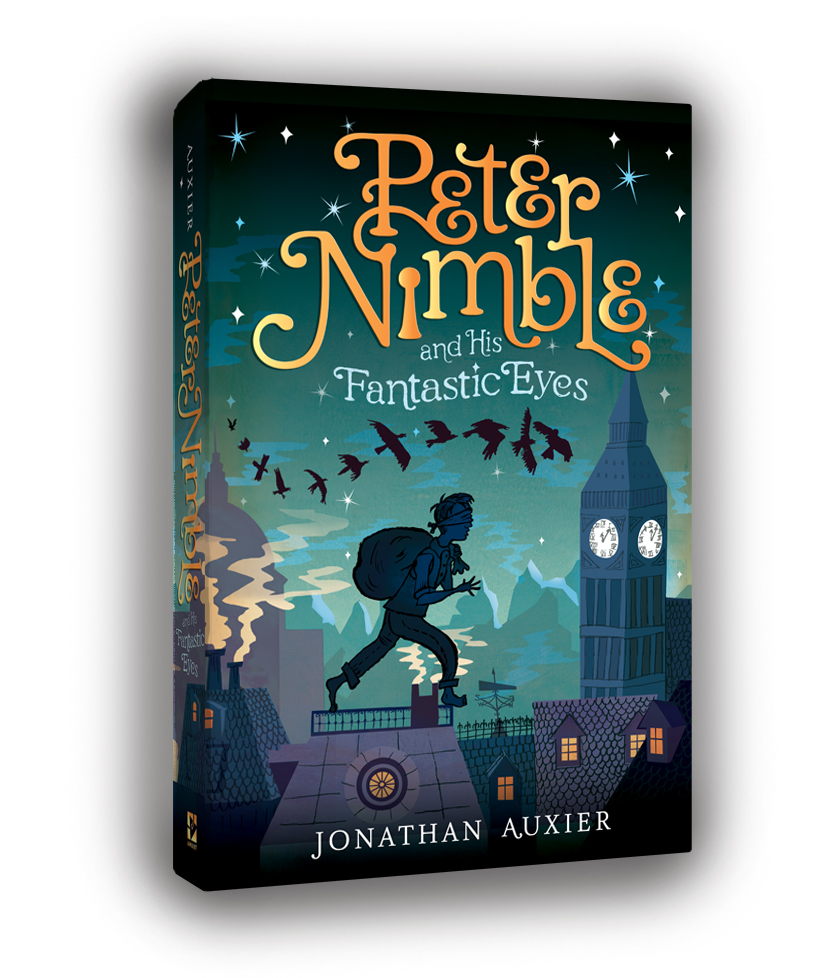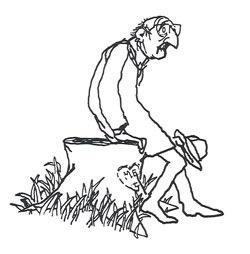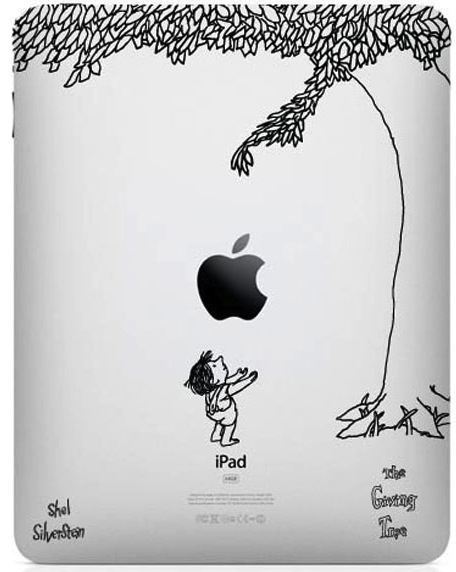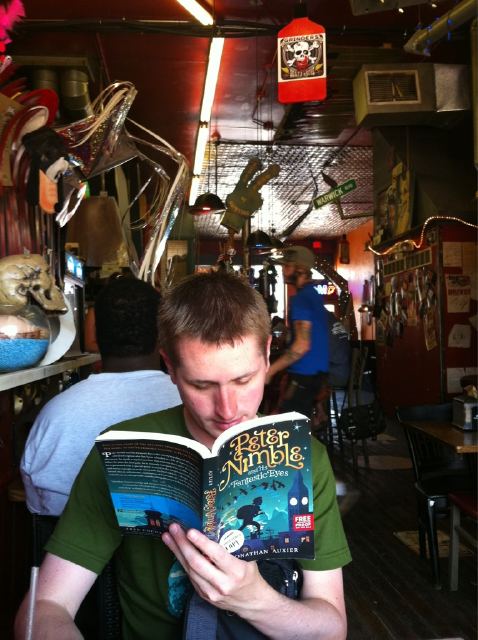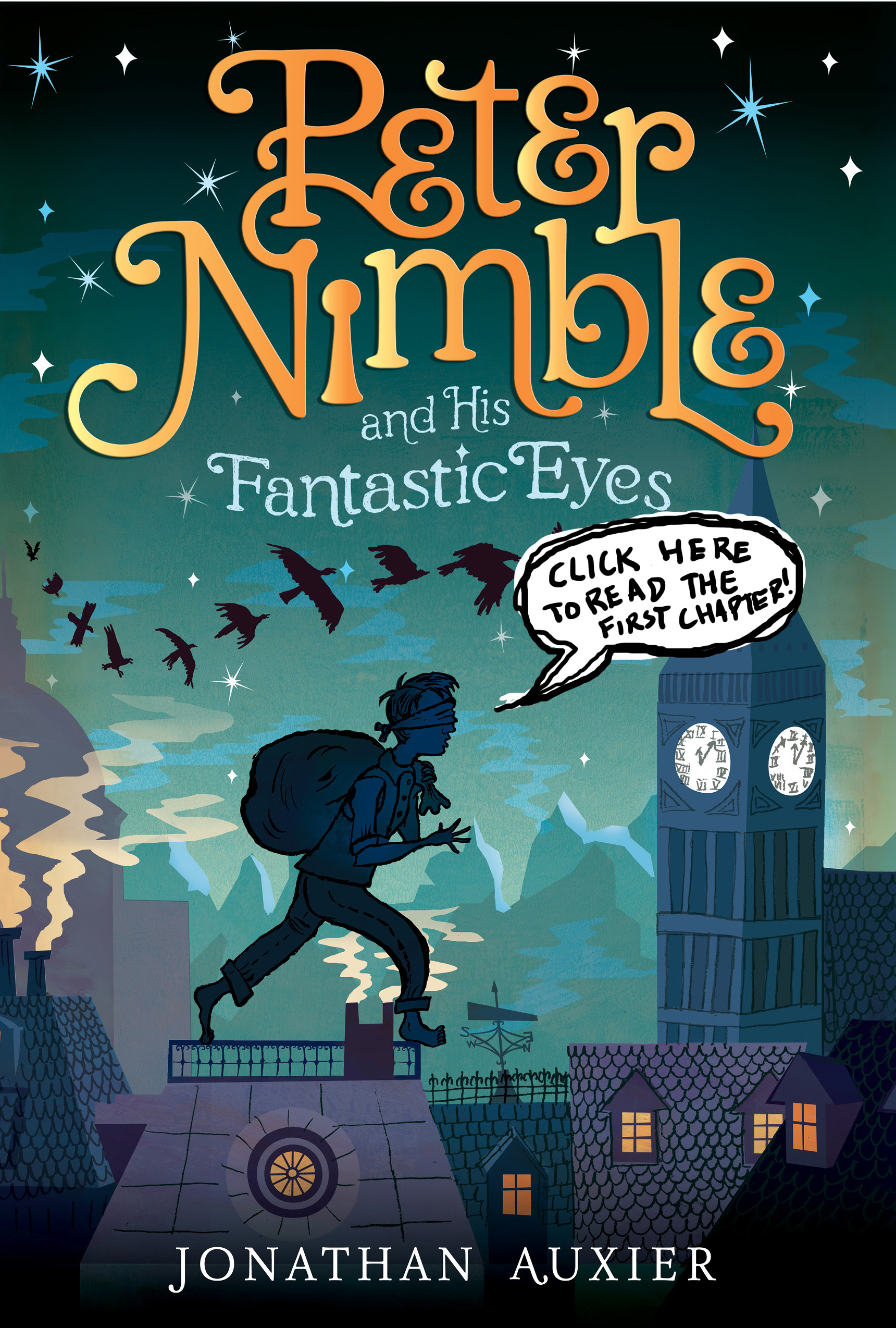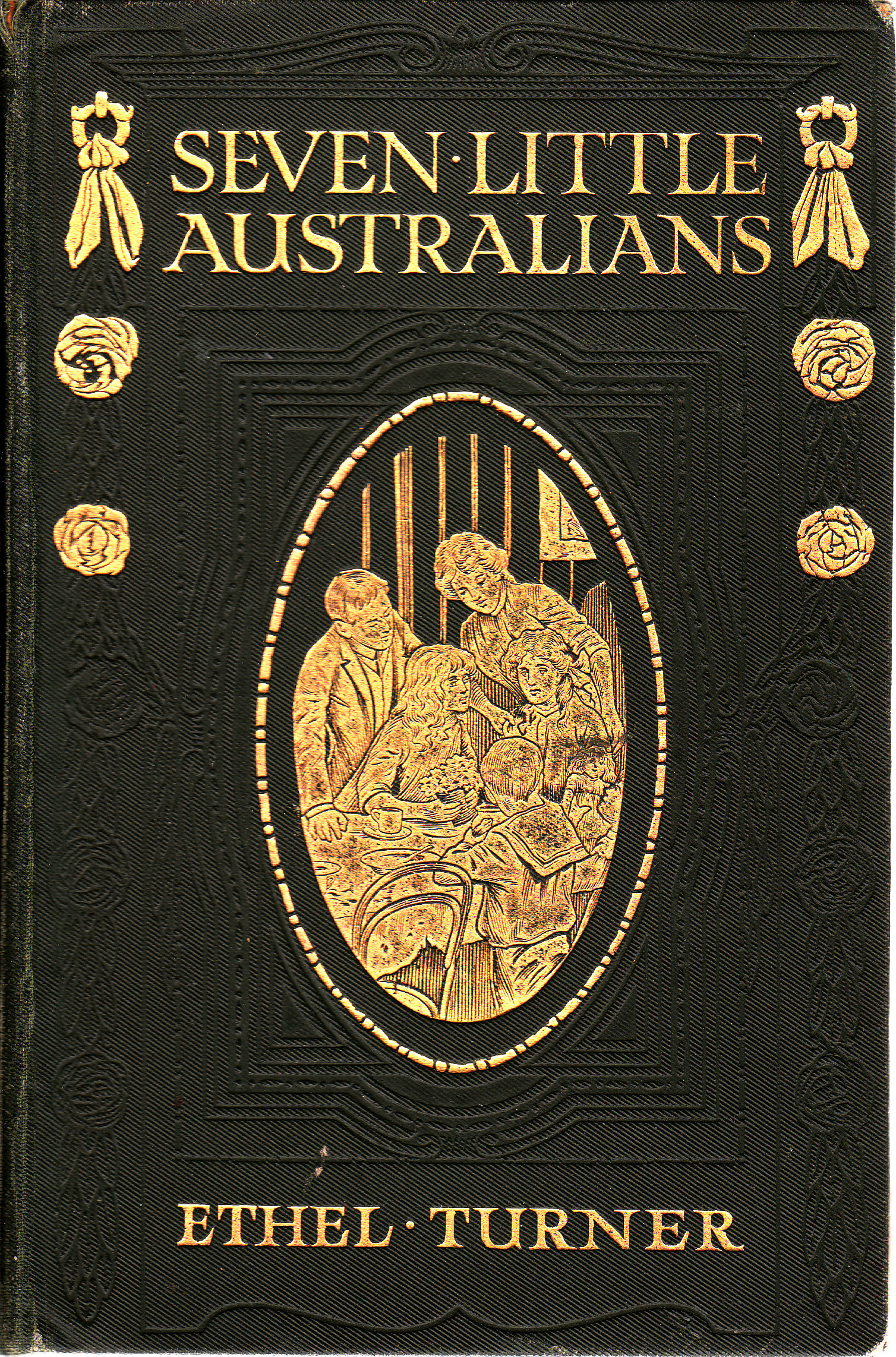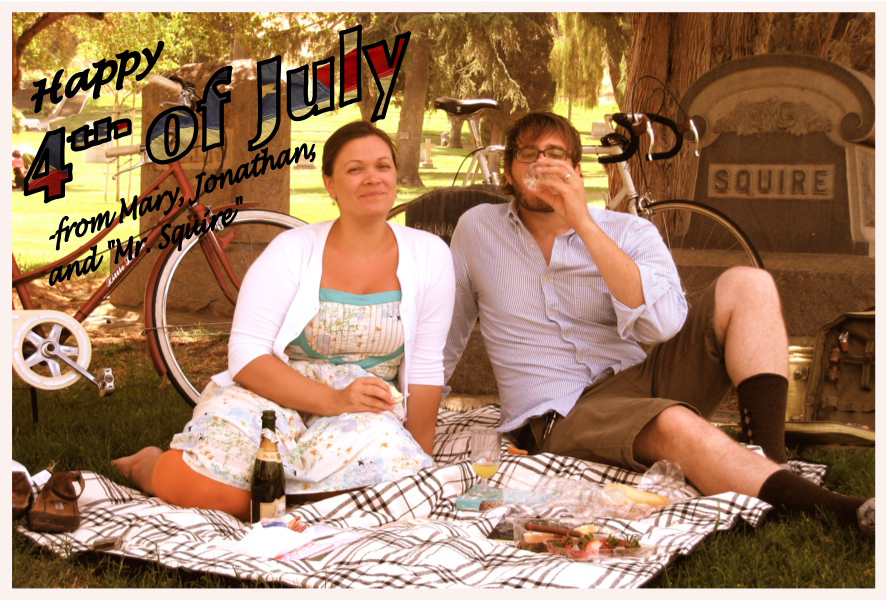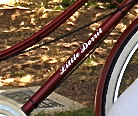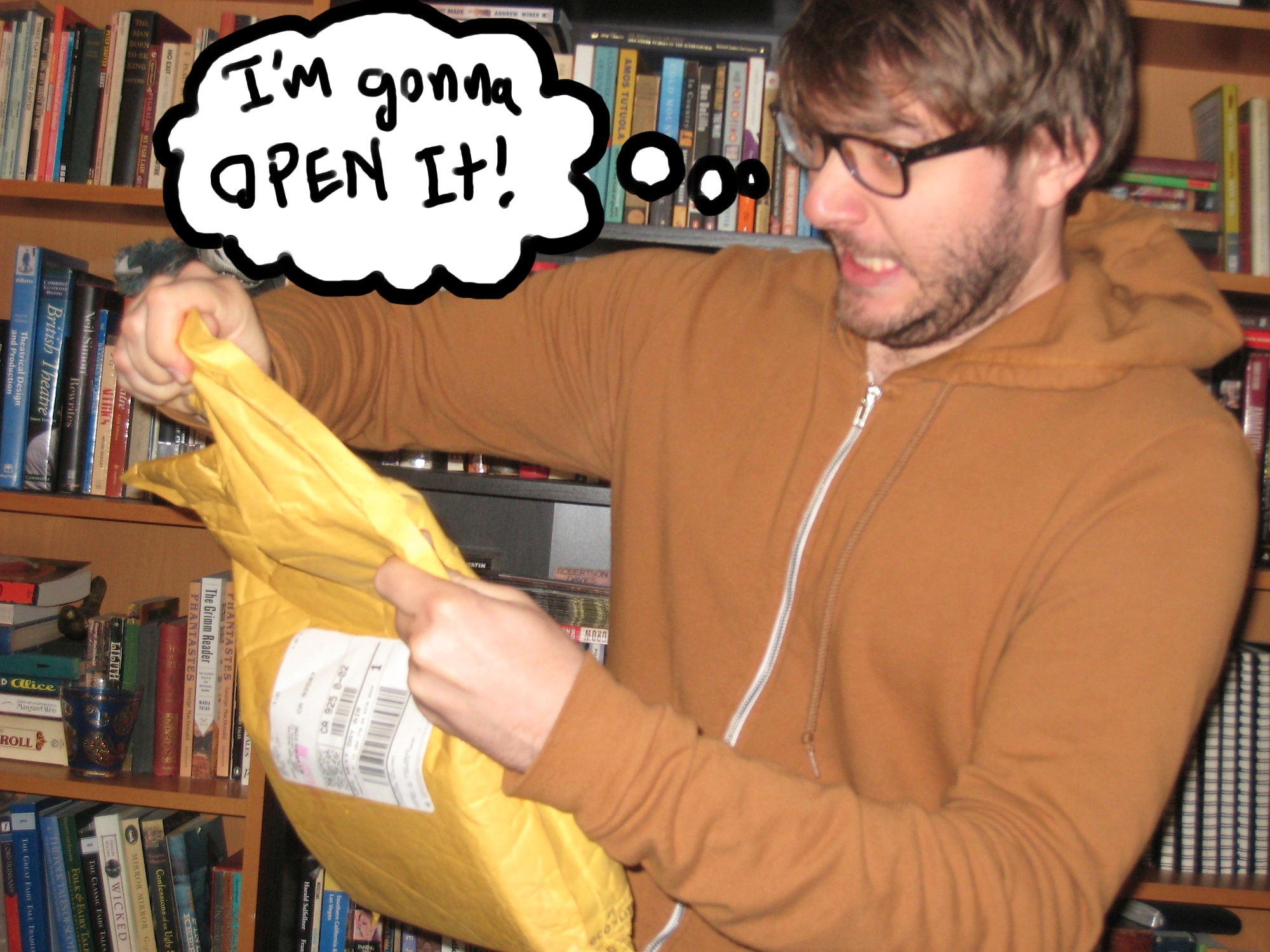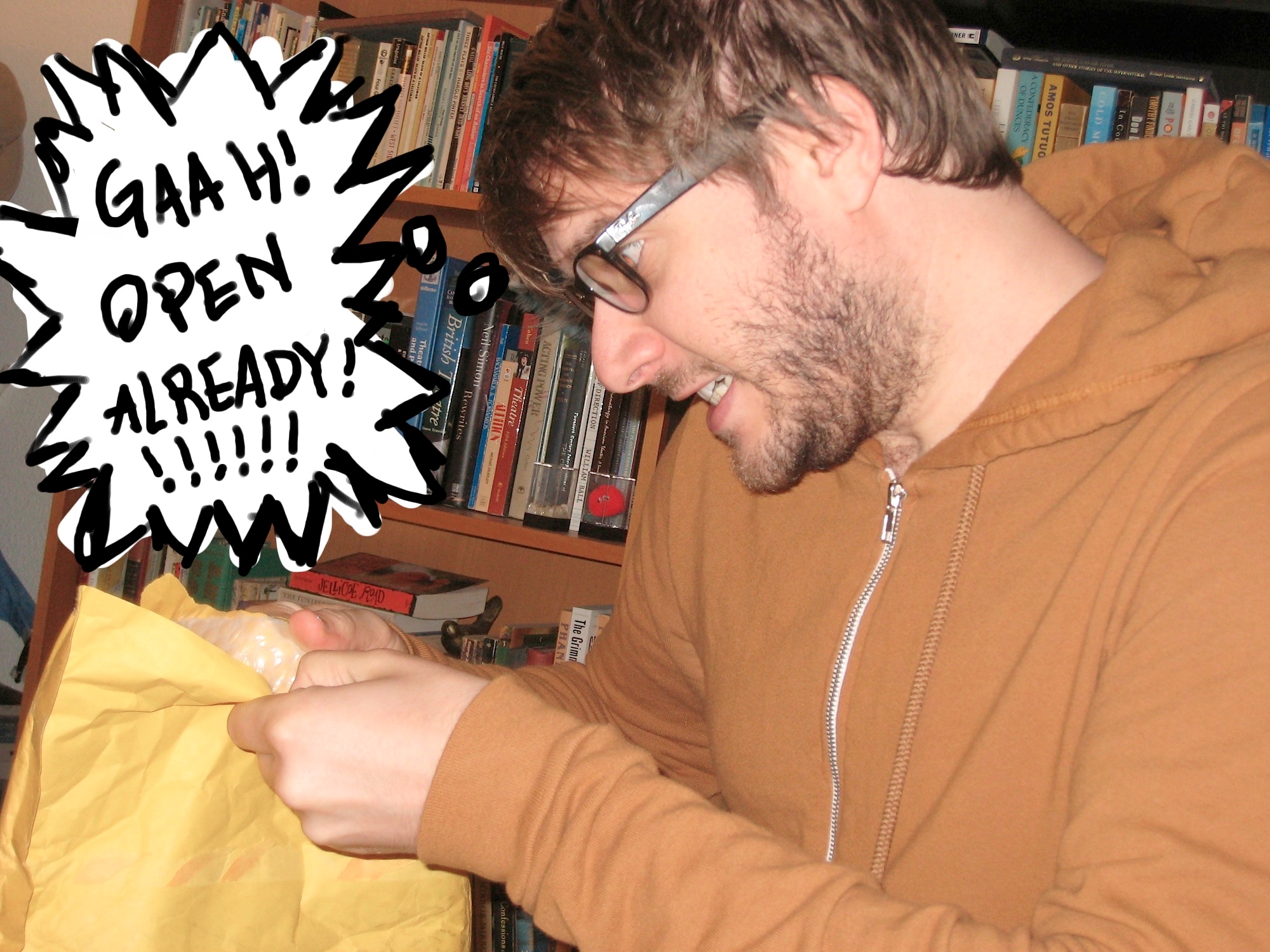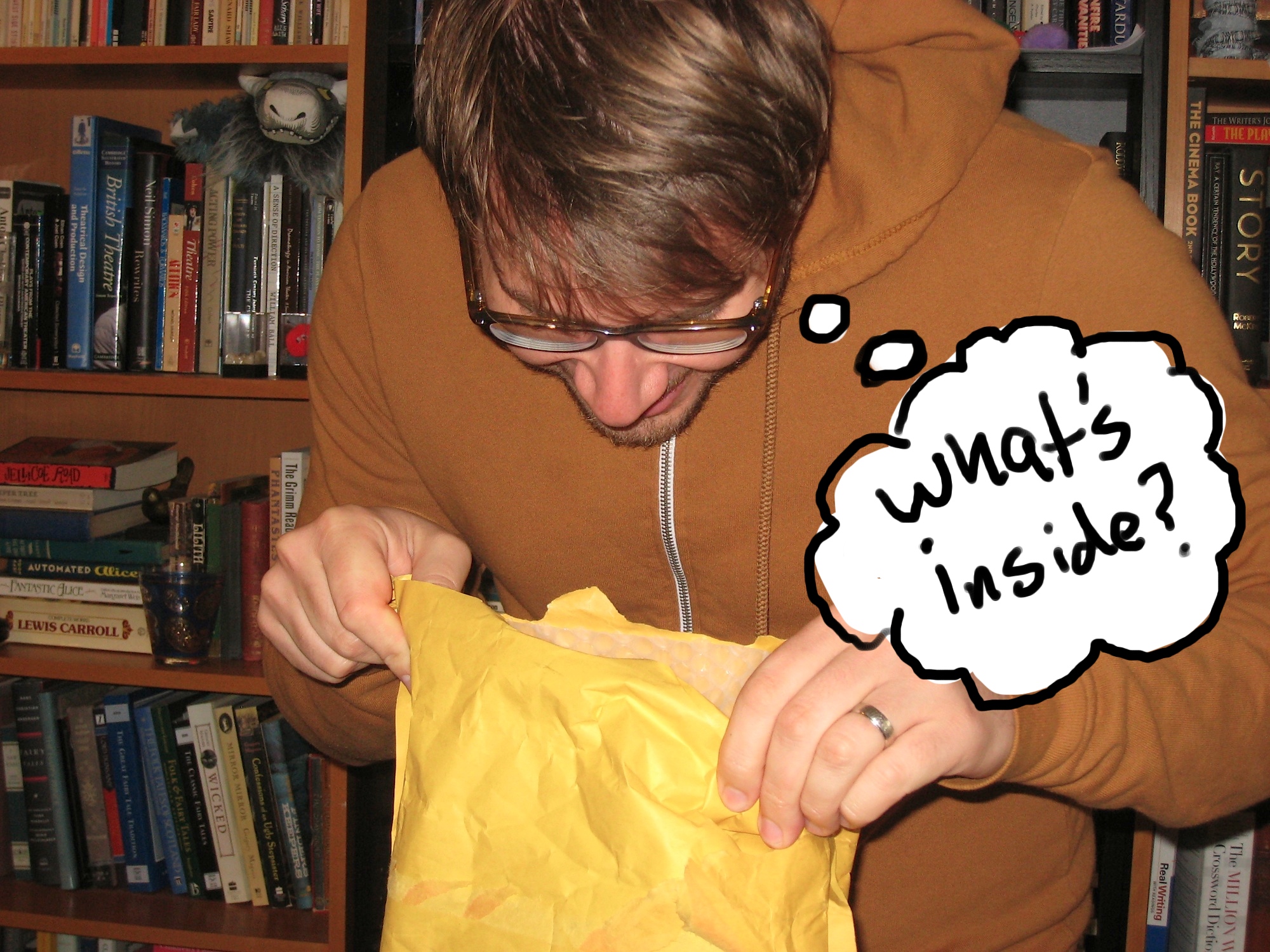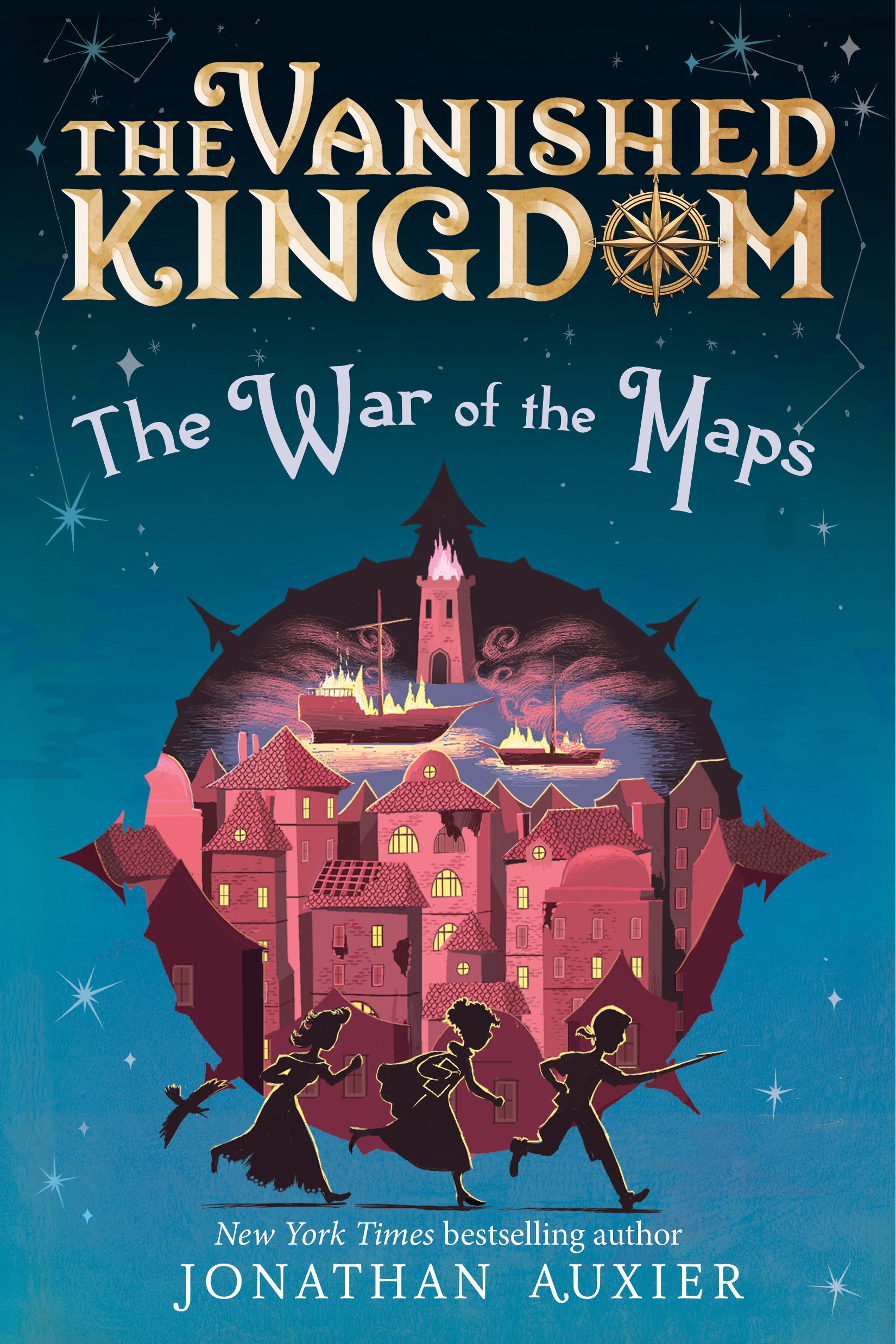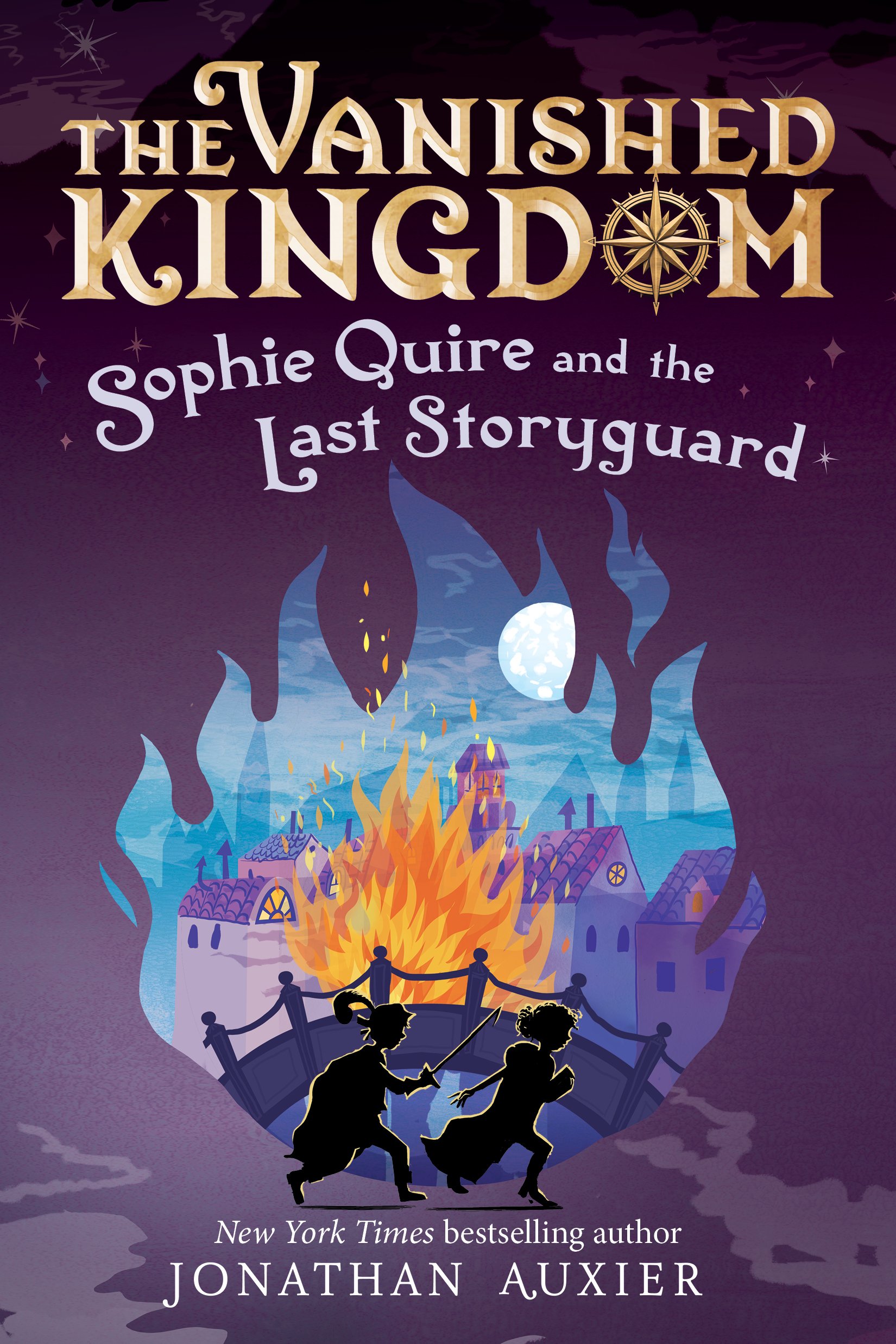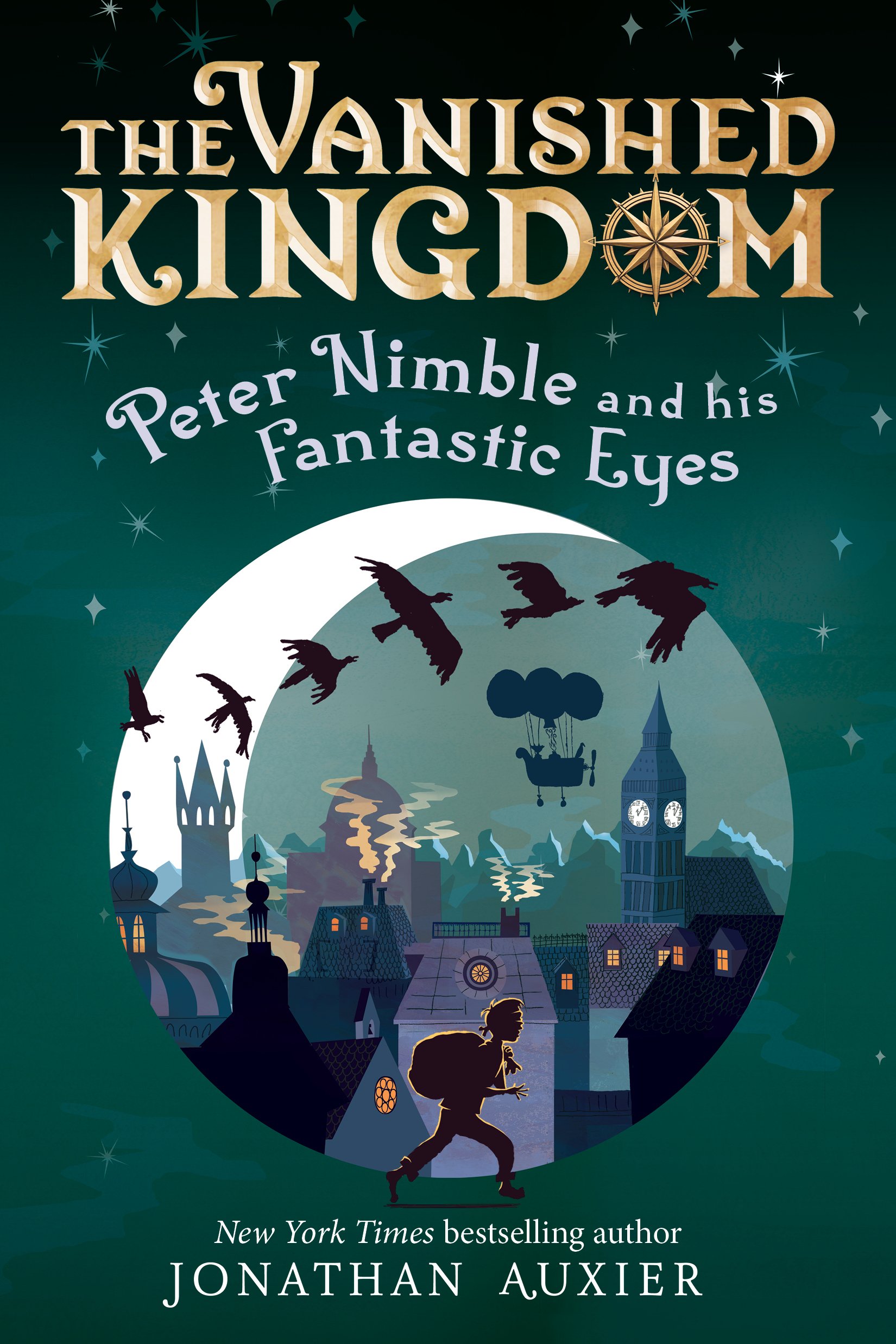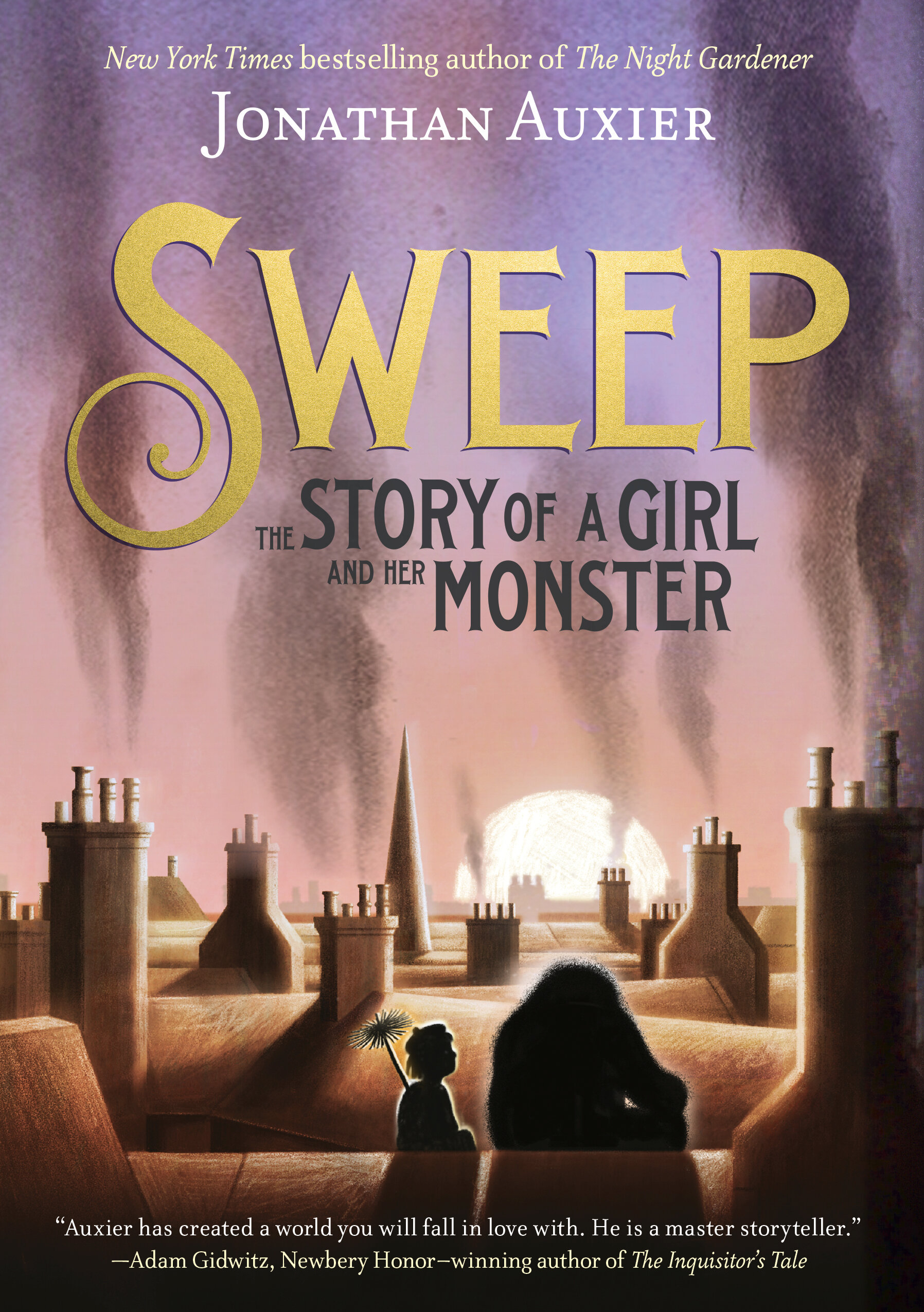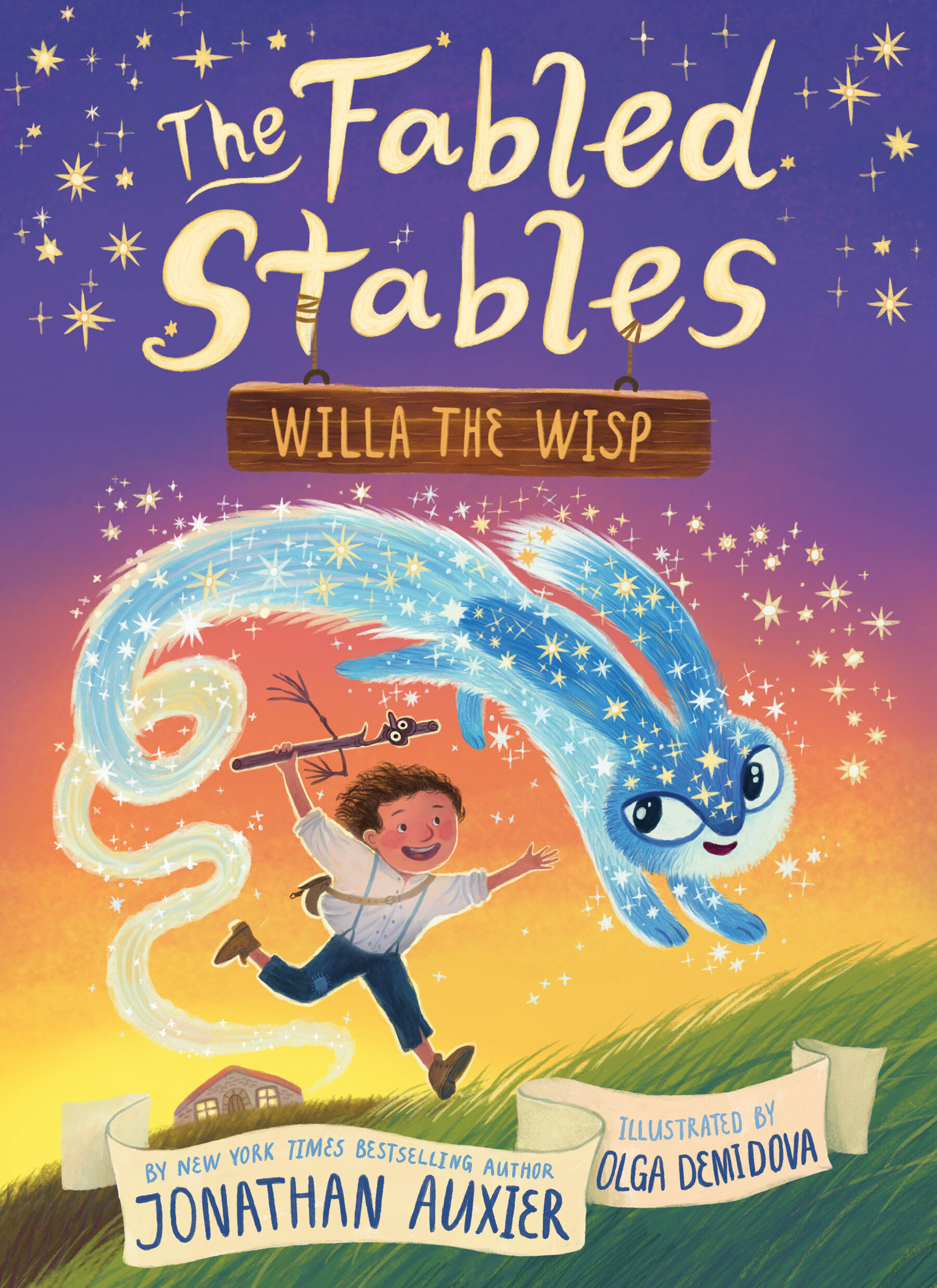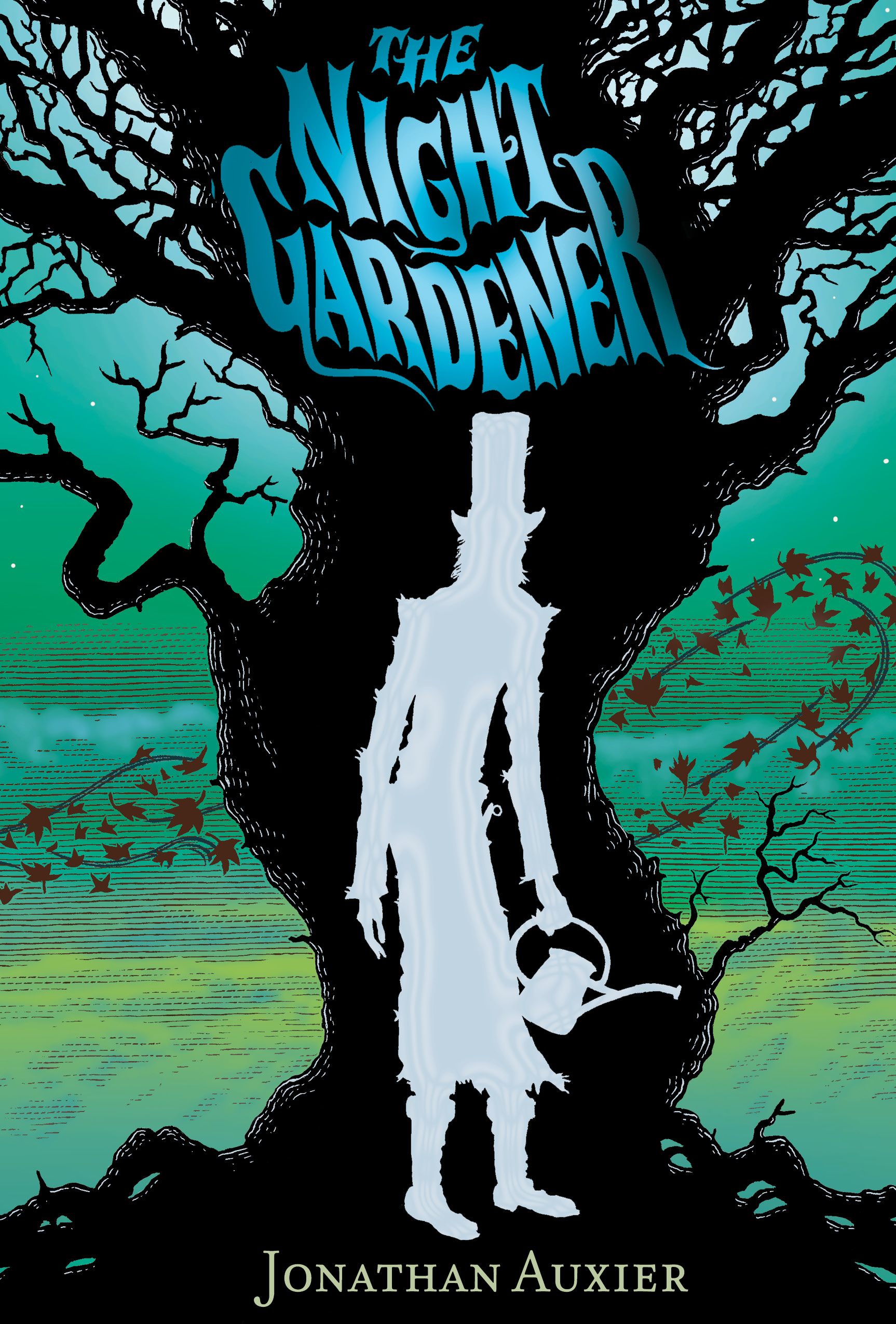After a brief and incredibly productive hiatus, I'm back in blogger mode![1. While I cannot promise that I will never take breaks from blogging, I can promise that I will only take breaks in order to write new books for you to read -- as was the case this month.] This last week was an exciting one, as it officially marked the debut of Peter Nimble. Well, pre debut.

Every year the American Library Association holds an annual conference wherein a million librarians descend on an unsuspecting town.[2. I think the actual number was something under 30,000. But still, that's a lot of ladies in glasses. For a video-look at the weekend, check out Travis Jonker's post here.] A post about ALA is basically a post about hanging out with amazing authors, librarians, editors, and illustrators. Instead of name-checking all the swell people I spent time with (save that for Twitter), I've decided to write a post about the five things I learned from my time at ALA:
1) Always Wear a Name Tag
For many years, I have considered myself too cool for name tags. In the same way that I refuse to run across busy streets (why run when you can walk slow and scowl?), I also refused to wear name tags. This changed at ALA. As I was about to pocket my name tag, a woman beside me saw it and exclaimed "You're taller than I thought you'd be!"[3. I get this a lot. Apparently I look short in my headshot.] This woman was author Jo Whittemore, and she promptly introduced me to the Texas Sweethearts author clan. Within seconds, I was on my way to lunch with a half-dozen YA novelists who had plenty of good advice for a nervous newbie. That never would have happened without the name tag.

I also noticed that wearing a name tag seems to improve conversation. I forgot to wear it to a few events, and those were the same events where small talk stayed small -- never really moving beyond "Where are you from?" and "Oh, the humidity!" I realize now that the purpose of a name tag isn't to help identify yourself on a handshake, but to help five minutes after the handshake. It allows the person talking to you to casually glance down and remind themselves who you are ... and the less time they spend thinking "What's his name again?" the more time they can spend actually having a real conversation.
2) Ugly Ducklings Abound
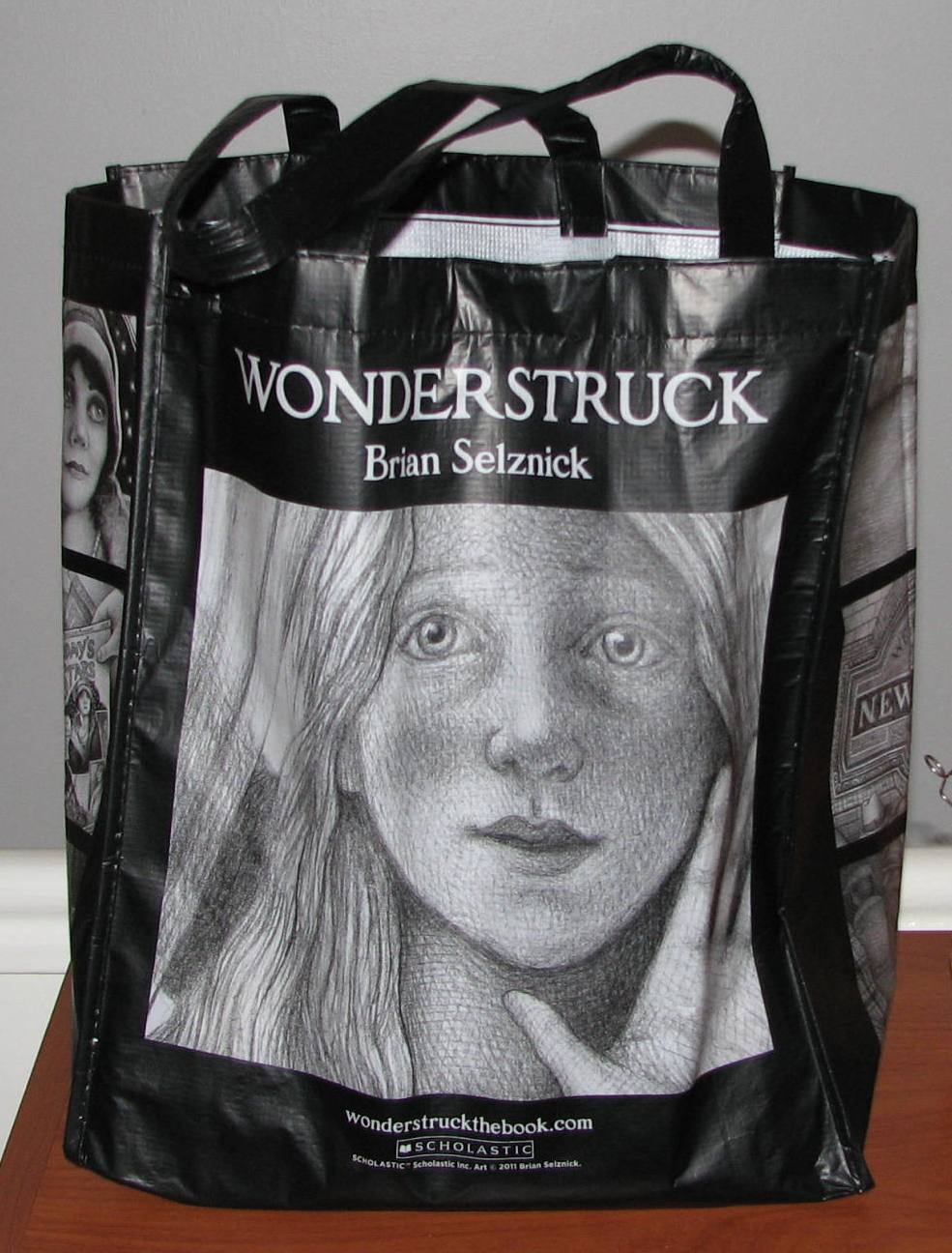
I had a chance to to talk with a number of authors and illustrators about how their careers started. More than a few of them had published in obscurity for years before hitting it big. Some were trapped on the midlist. Others had their aquiring editors change jobs, leaving their books orphaned at the house. A few were even dropped outright. This really hit home when I heard Brian Selznick talking with Horn Book editor Roger Sutton. He alluded to a frustrating period during which he could only get hired to draw biographies of dead presidents. From that dark period came Hugo Cabret -- a book that changed both his career and (arguably) children's literature. This was but one of probably a dozen stories I heard with the same trajectory.
This is a good reminder for me as I'm about to send a book I love out into the world. This industry can be a real crap shoot. Sometimes great books can fall through the cracks. Sometimes terrible books are huge hits. The key thing for a writer is to keep believing that the greatest story they will ever tell has yet to be written.
3) Stay Humble
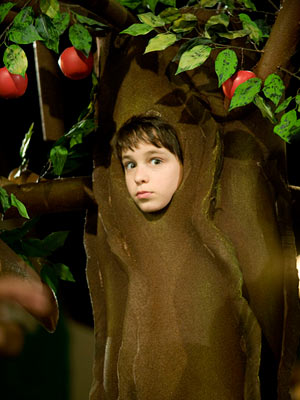
Related to the above lesson, I noticed how much of an impression it makes when a successful author hasn't lost sight of the fact that they were once merely aspiring. This lesson was perfectly illustrated when I had the privilege of eating dinner with Abrams authors Tom Angleberger and Jeff Kinney.[4. Tom's kindness to me on this trip cannot be understated -- he is truly a Gentleman among men.] Jeff is a HUGE author. He's pretty much ruled the publishing industry for the last few years. When he met both Tom and I, he asked us the same question: "What was it like when you got the call saying you were going to be published?" It was clearly a go-to question for him, and one that speaks to his character. For him to ask other authors about "the call" not only graciously indicates that he considers us his peers, but also acts as a reminder that all the Wimpy Kid success he's enjoyed is actually just gravy. The dream-come-true part of his life has nothing to do with bestseller lists, merchandising, or feature films ... it is simply that he got to be published at all.
4) Don't Tell Lauren Myracle Anything
One night at a party, a woman with whom I had been chatting mentioned that she thought I resembled Seth Rogen -- not the most flattering comparison I've ever gotten.[5. For the record, the most flattering comparison I've gotten is "they guy who plays Darth Maul" ... which I've gotten repeatedly.] Even worse, my wife hates Seth Rogen, and she often uses his name as a sort of shorthand to describe all that is wrong with mankind. I mentioned this unfortunate comparison to YA author Lauren Myracle at the Newbery Banquet. Lauren is not one to pass up this sort of information (by "this sort of information," I mean information that will allow her to mock you), and she promptly brought it up to the whole table -- at which point I was forced to sit through a serious debate over whether or not the comparison was apt. Then she started bringing other people into the mix. For the rest of the night, I had strangers coming up to tell me I looked like this actor. The highlight was when an older librarian tapped me on the shoulder and asked if I was "Steph Rogaine" ...
I have a henceforth enacted a "Don't tell Lauren Myracle anything" policy; I would advise you all to do the same.
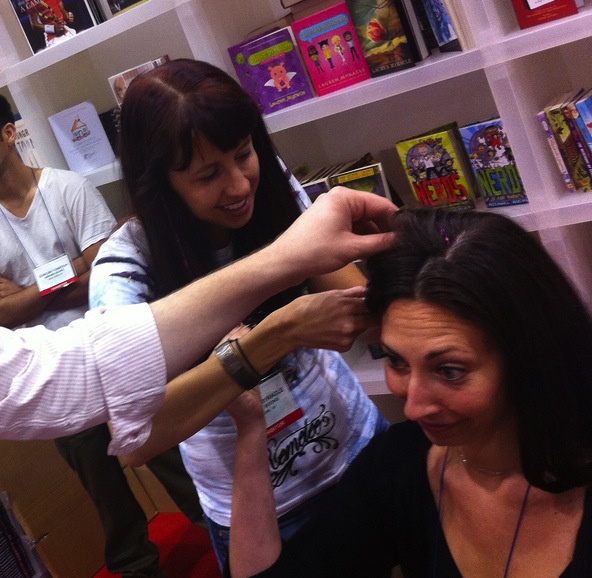
5) Librarians Love Free Crap
This weekend marked my first ever Peter Nimble signing event! Before the big night, a few experienced authors warned me that signings for debut authors can be humbling -- nobody knows you, so why would they want to wait in a line to talk? This is probably true, but none of these authors knew that my publisher had armed me with a secret weapon: free crap!

The above picture is of the special eyeball tote that Abrams was giving away with copies of Peter Nimble. Within about thirty seconds of the doors opening, I had a line around the corner -- all eager to get a bag. Here is a picture of my first ever signature for librarian and blogger @Jenbigheart:

The second day was even better, and we ran out of ARCs after 20 minutes! Even after the books were gone, people were running up to the booth asking about the eyeball bags.
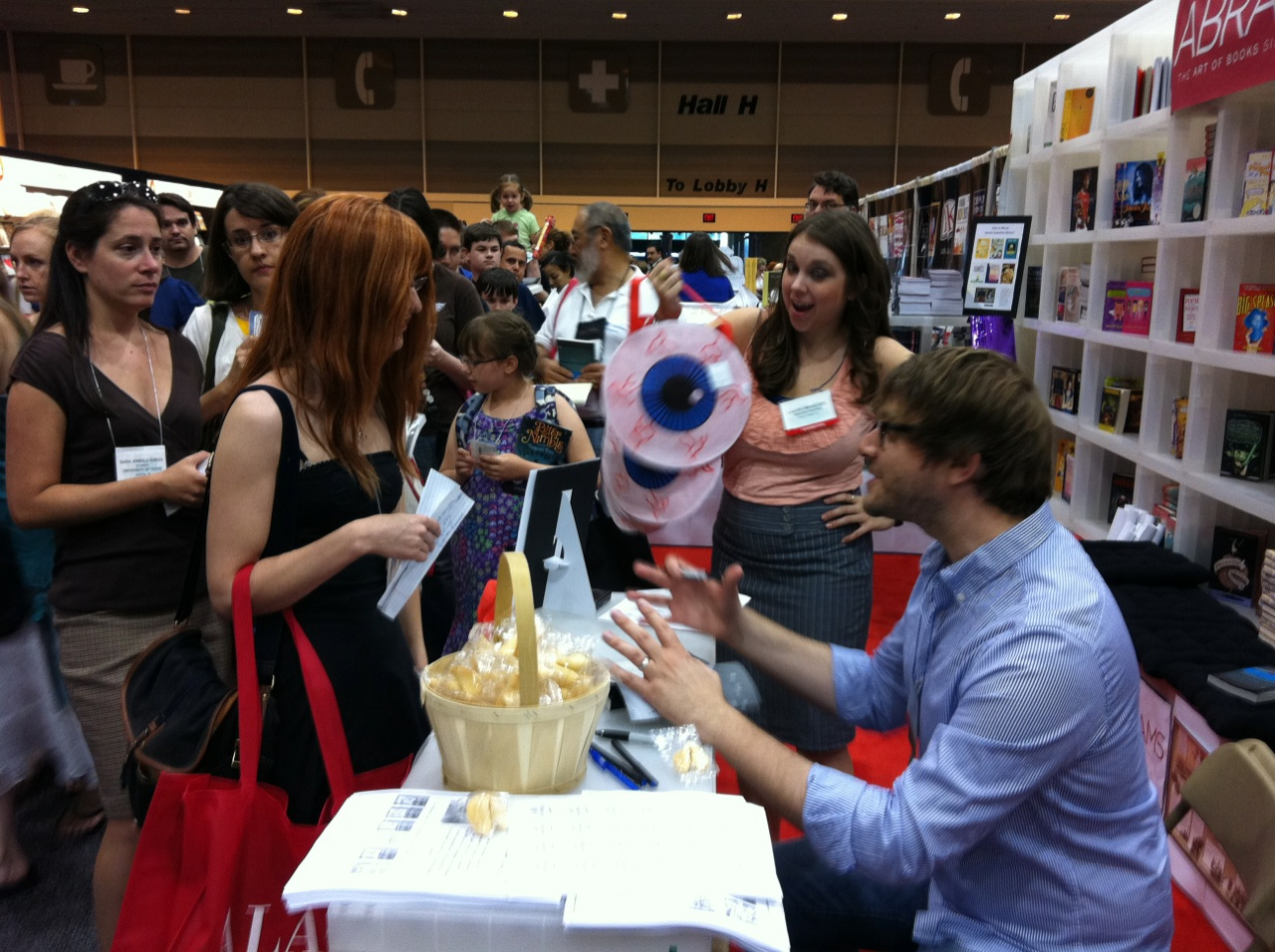
Never again will I doubt the power of SWAG. Speaking of, for those of you who missed out on scoring a free copy of the book, know that I will be doing a ton of Peter Nimble giveaways this month, so stay posted!







